Sneak Preview of C++17 -- Gabriel Ha
A preview what is going into C++17 after the recent Standards Committee meeting.
GoingNative 32: Sneak Preview of C++17
By Gabriel Ha
From the article:
Join us with ISO Committee member (and Microsoft as well, of course =P) Gabriel Dos Reis, who graciously took the time to give us the inside scoop of some things that made it into C++17, as well as things that got taken out. All this is fresh off the press of the most recent C++ Standards Meeting...

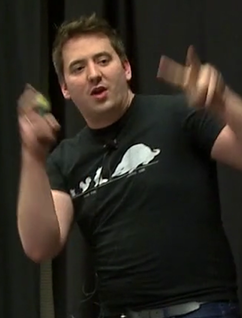 At the recent CppCon 2014, Chandler Carruth gave a great talk on using Modern C++ for writing high-performance applications.
At the recent CppCon 2014, Chandler Carruth gave a great talk on using Modern C++ for writing high-performance applications. 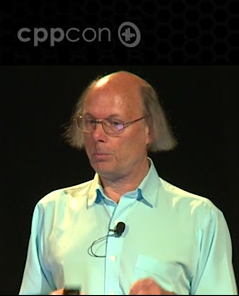 This just in on CppCon.org:
This just in on CppCon.org: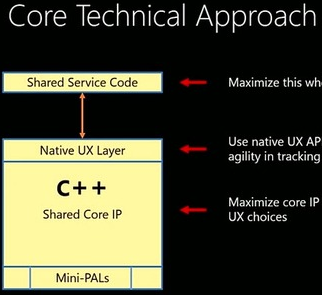 Modern C++, modern apps:
Modern C++, modern apps:
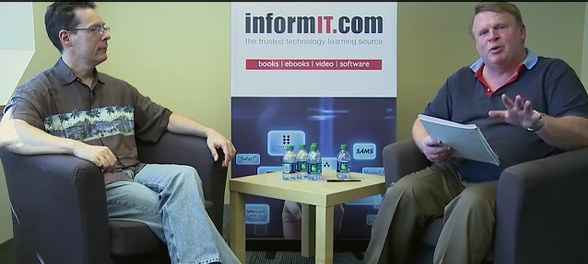 At CppCon last month, InformIT recorded this video interview. It has now been posted:
At CppCon last month, InformIT recorded this video interview. It has now been posted:  From the CppCon blog:
From the CppCon blog: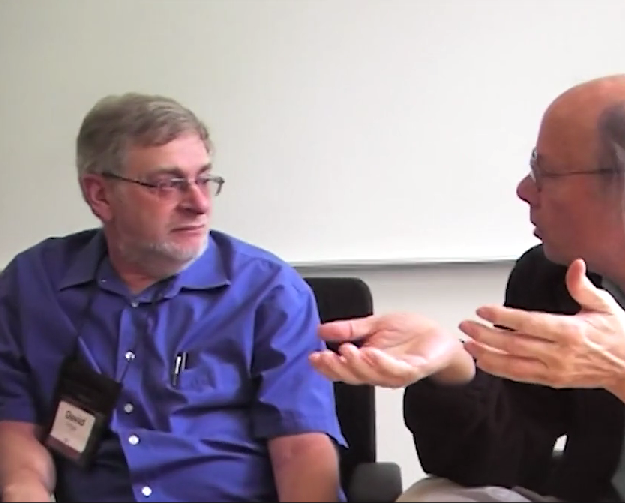 An appetizer while the CppCon videos are being processed, we are pleased to link to this interview on Channel 9:
An appetizer while the CppCon videos are being processed, we are pleased to link to this interview on Channel 9: The CppCon videos will start appearing soon. In the meantime, A9 Videos posted this introduction that preceded CppCon 2014's opening keynote by Bjarne Stroustrup. In six minutes, Alex Stepanov gives a great capsule summary of what makes C++ important, and why it will continue to be important for a long time yet.
The CppCon videos will start appearing soon. In the meantime, A9 Videos posted this introduction that preceded CppCon 2014's opening keynote by Bjarne Stroustrup. In six minutes, Alex Stepanov gives a great capsule summary of what makes C++ important, and why it will continue to be important for a long time yet.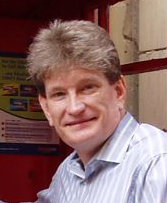 If you haven't sent a colleague to this site lately, why not send someone there this week?
If you haven't sent a colleague to this site lately, why not send someone there this week?